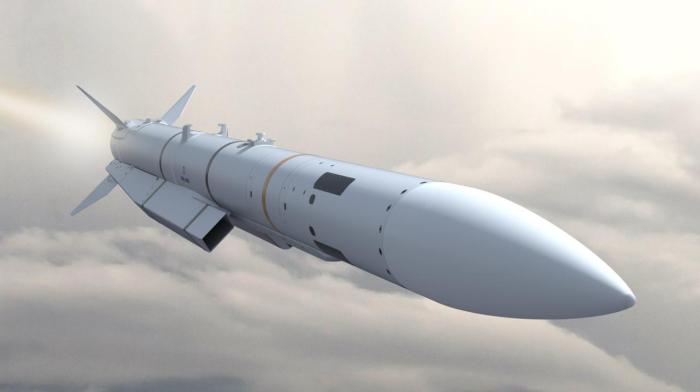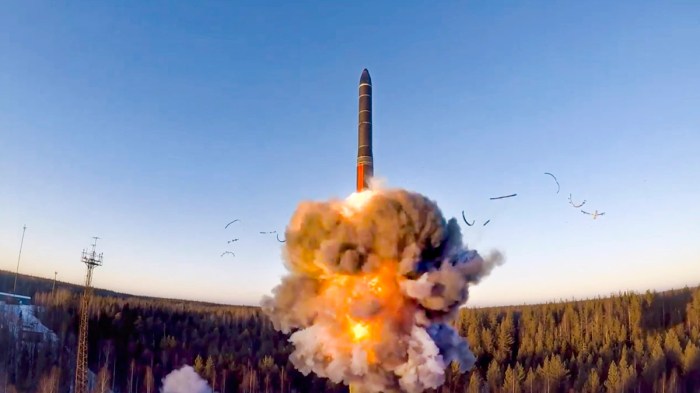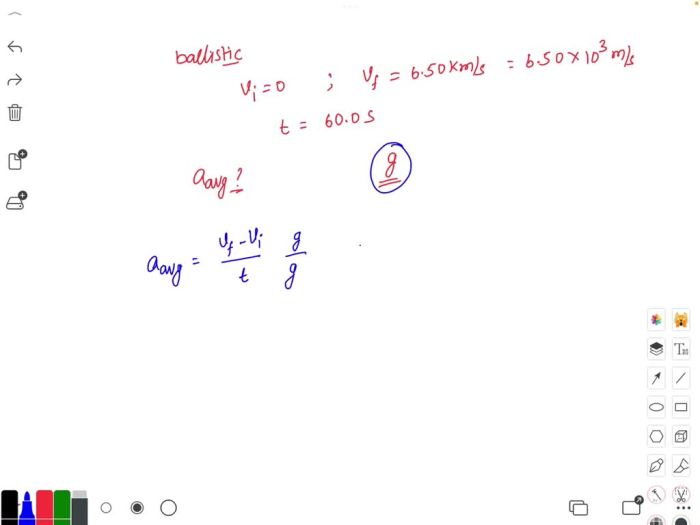Assume that an intercontinental ballistic missile – Assume an intercontinental ballistic missile (ICBM) and enter a realm of strategic planning and defense strategies where assumptions hold immense significance. This captivating narrative delves into the potential consequences and risks associated with such an assumption, providing a comprehensive overview of ICBMs, their capabilities, deployment, detection, defense, and the crucial role of arms control and diplomacy in mitigating nuclear tensions.
Assumptions and Implications: Assume That An Intercontinental Ballistic Missile

Assuming an intercontinental ballistic missile (ICBM) in strategic planning and defense strategies highlights the potential threat of nuclear warfare. It underscores the need for robust deterrence and defense mechanisms to mitigate the catastrophic consequences of an ICBM attack.
The potential consequences of such an assumption include heightened tensions, increased military spending, and the risk of miscalculation or nuclear escalation. It also raises ethical and legal concerns regarding the use of weapons of mass destruction.
Characteristics and Capabilities

ICBMs are long-range, nuclear-capable missiles designed to deliver warheads over intercontinental distances. They possess advanced guidance systems, enabling them to strike targets with high accuracy.
ICBMs have varying ranges, with some capable of reaching over 10,000 kilometers. Their payload capacity allows them to carry multiple warheads, each of which can cause widespread devastation.
Warhead Types
- Nuclear warheads: Designed to release massive amounts of energy through nuclear reactions.
- Conventional warheads: Contain high explosives or other non-nuclear payloads.
- Electromagnetic pulse (EMP) warheads: Generate intense electromagnetic pulses to disrupt electronic systems.
Deployment and Targeting
ICBMs are typically deployed in hardened silos or on mobile launchers, providing protection against enemy attacks. Launch sites are strategically located to ensure coverage of potential targets.
Targeting is based on detailed intelligence and calculations, aiming to maximize the impact of the warheads. Factors considered include the target’s location, defenses, and strategic importance.
Command and Control
ICBM operations require robust command and control systems to ensure secure launch authorization and communication during flight. These systems are designed to prevent unauthorized launches and provide situational awareness to decision-makers.
Detection and Defense

Detecting and tracking ICBMs is crucial for early warning and defense. Various systems, including satellites, radars, and sensors, are employed to monitor potential missile launches.
Missile defense systems aim to intercept and destroy incoming ICBMs. These systems face challenges due to the speed and trajectory of ICBMs, as well as potential countermeasures employed by attackers.
Countermeasures, Assume that an intercontinental ballistic missile
- Decoys: False targets designed to confuse missile defense systems.
- Electronic warfare: Disrupting communication and tracking systems.
- Maneuvering warheads: Altering the trajectory of warheads to evade interception.
Arms Control and Diplomacy
Arms control treaties and negotiations play a vital role in limiting the proliferation and use of ICBMs. These agreements establish limits on the number and characteristics of missiles, as well as verification mechanisms.
Verifying compliance with arms control agreements presents challenges due to the sensitive nature of the information involved. Diplomatic efforts aim to reduce nuclear tensions and prevent nuclear war through dialogue and cooperation.
Questions Often Asked
What are the key characteristics of ICBMs?
ICBMs possess exceptional range, accuracy, and payload capacity, enabling them to deliver nuclear warheads over vast distances with precision.
How are ICBMs deployed and targeted?
ICBM deployment involves careful selection of launch sites and targets, considering factors such as survivability, response time, and strategic objectives.
What are the challenges of missile defense systems?
Missile defense systems face limitations in detecting and intercepting ICBMs, particularly due to their high speed, maneuverability, and potential use of countermeasures.